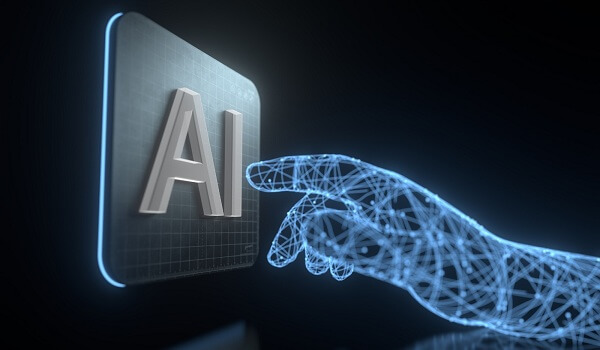India has emerged as a top contender in Artificial Intelligence (AI) readiness, ranking among the top 10 globally, as per the Boston Consulting Group’s (BCG) report. The country secures the second position in AI specialist talent and third in research publications, reflecting its growing expertise and innovation. The report evaluates AI readiness in 73 nations, focusing on public service enhancements through AI integration. India ranks second in the number of AI experts.India ranks third in AI research publications. The report focuses on improving public services through AI.
Sectoral Impact of Artificial Intelligence (AI) in India
AI has brought revolutionary changes in various important sectors in India. The impact of AI can be clearly seen in the following key sectors
- Business Services (16% of GDP): AI makes government functions more efficient, thereby improving operations.
- Retail (10% of GDP): AI improves supply chains and reduces waste.
- Public Services (6% of GDP): Helps improve emergency response systems and service delivery.
- Agriculture (17% of GDP): AI increases productivity and improves risk management through precision farming.
- Construction (8% of GDP): AI improves infrastructure planning and increases the efficiency of projects.
- Arts and Personal Services: Management of public facilities becomes more effective through AI.
Challenges and recommendations for AI adoption
- India has made many significant progress in the field of AI, but there are some challenges to its full use. More than 70% of countries face problems of skill development and participation in the ecosystem.
- The following recommendations are given to achieve the full potential of AI
- Development of infrastructure and research: There is a need to establish AI research centers and cloud facilities.
- Workforce training: There should be a focus on skill development especially in rural areas to reduce the talent gap.
- Policies and regulation: Ethical guidelines should be formulated to prevent bias in AI and ensure transparency.
Importance of Public–Private Partnerships (PPPs)
- Public–Private Partnerships (PPPs) play an important role in the development of AI. These collaborations are helpful in promoting innovation, sharing resources and developing infrastructure.
Advantages of PPP
- Innovation is encouraged: Collaboration between the public and private sector generates new ideas and technological development.
- Resources are shared: The public and private sectors can achieve more effective results by using more resources together.
- Infrastructure improvement: Both sectors work together to build and improve infrastructure, leading to greater stability and growth.
- Contribution to economic development: PPPs increase investment in developing regions, which helps in economic growth and job creation.
Advantages of AI
- Increased productivity: AI increases automation, which improves production efficiency.
- Accuracy: AI reduces errors, such as accuracy in medical diagnosis.
- Time savings: AI makes decisions quickly, which saves time.
- Innovation: New products and services are developed.
- Data analytics: AI helps make better decisions by analyzing big data.
Disadvantages of AI
- Impact on employment: AI can reduce jobs. • Data security threats: Data privacy can be at risk through AI.
- Wrong decisions: Sometimes AI can make wrong decisions.
- Bias: Wrong data in AI can lead to bias.
- Social inequality: The use of AI can increase inequalities in society.

